ITDP’s policy briefs and fact sheets provide summaries of specific issues, projects or programs.
Recent Policy Briefs and Fact Sheets
[panel backgroundcolor=”lightgray” padding=”20px”]
Search Policy Briefs and Fact Sheets By Keyword
[/panel][WEBINAR] Indicators For Sustainable Mobility
January 14, 2019
![[WEBINAR] Indicators For Sustainable Mobility](https://itdp.org/wp-content/uploads/2019/01/toyota-indicators-header-e1560444961373.jpg) Wednesday, January 30, 2019 12pm EST Webinar Recording More on the Indicators Indicators for Sustainable Mobility Presentation As Climate Change Escalates, US Cities Fail to Provide Car Alternatives About the Webinar As cities seek to improve their transportation systems to make them more sustainable, equitable, and useful for people, it is critical that they first understand how their system performs. To that ...Read More
Wednesday, January 30, 2019 12pm EST Webinar Recording More on the Indicators Indicators for Sustainable Mobility Presentation As Climate Change Escalates, US Cities Fail to Provide Car Alternatives About the Webinar As cities seek to improve their transportation systems to make them more sustainable, equitable, and useful for people, it is critical that they first understand how their system performs. To that ...Read MoreITDP Announces New CEO Heather Thompson
September 19, 2018
 We are pleased to announce the appointment of Heather Thompson as our new chief executive officer. Ms. Thompson, who has been serving in the role of interim CEO since February, was selected by the ITDP board of directors after an extensive, international search. Her transition to permanent CEO is ongoing, and will be effective October ...Read More
We are pleased to announce the appointment of Heather Thompson as our new chief executive officer. Ms. Thompson, who has been serving in the role of interim CEO since February, was selected by the ITDP board of directors after an extensive, international search. Her transition to permanent CEO is ongoing, and will be effective October ...Read MoreBus Rapid Transit Nearly Quadruples Over Ten Years
November 17, 2014
 Bus rapid transit has grown by 383 percent in the last ten years, according to new data released by ITDP. As cities around the world discover the benefits and cost effectiveness of BRT, they have built hundreds of systems across dozens of countries that qualify as true BRT. A new interactive map shows a comprehesive ...Read More
Bus rapid transit has grown by 383 percent in the last ten years, according to new data released by ITDP. As cities around the world discover the benefits and cost effectiveness of BRT, they have built hundreds of systems across dozens of countries that qualify as true BRT. A new interactive map shows a comprehesive ...Read MoreITDP Releases New Study on Climate Change Ahead of UN Climate Summit
September 17, 2014
 As world leaders gather for the United Nations Secretary-General’s Climate Summit on September 23rd, ITDP and the University of California, Davis, have released a new report on the impact of transportation emissions on our climate future. According to the new study, more than USD$100 trillion in cumulative public and private spending could be saved, and ...Read More
As world leaders gather for the United Nations Secretary-General’s Climate Summit on September 23rd, ITDP and the University of California, Davis, have released a new report on the impact of transportation emissions on our climate future. According to the new study, more than USD$100 trillion in cumulative public and private spending could be saved, and ...Read MoreLondon: 1985 and Today
April 27, 2020
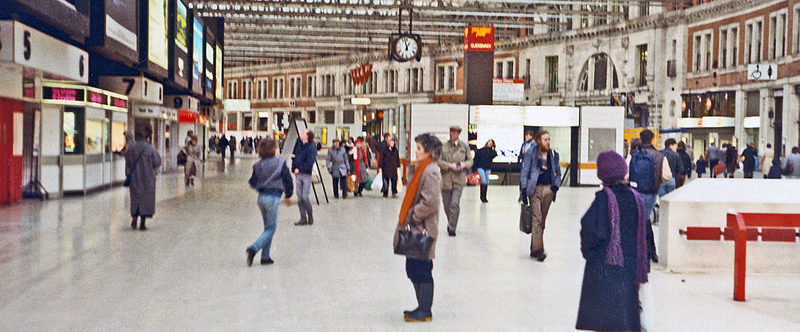 Thirty-five years ago, London was struggling with growing traffic congestion and pollution. Margaret Thatcher’s government fought against a greater commitment to transit, and passed a sweeping national deregulation and privatization policy called the Transport Act of 1985. Today, London is a very different city. According to Transport for London, over half of trips in London ...Read More
Thirty-five years ago, London was struggling with growing traffic congestion and pollution. Margaret Thatcher’s government fought against a greater commitment to transit, and passed a sweeping national deregulation and privatization policy called the Transport Act of 1985. Today, London is a very different city. According to Transport for London, over half of trips in London ...Read MoreJakarta: 1985 and Today
April 21, 2020
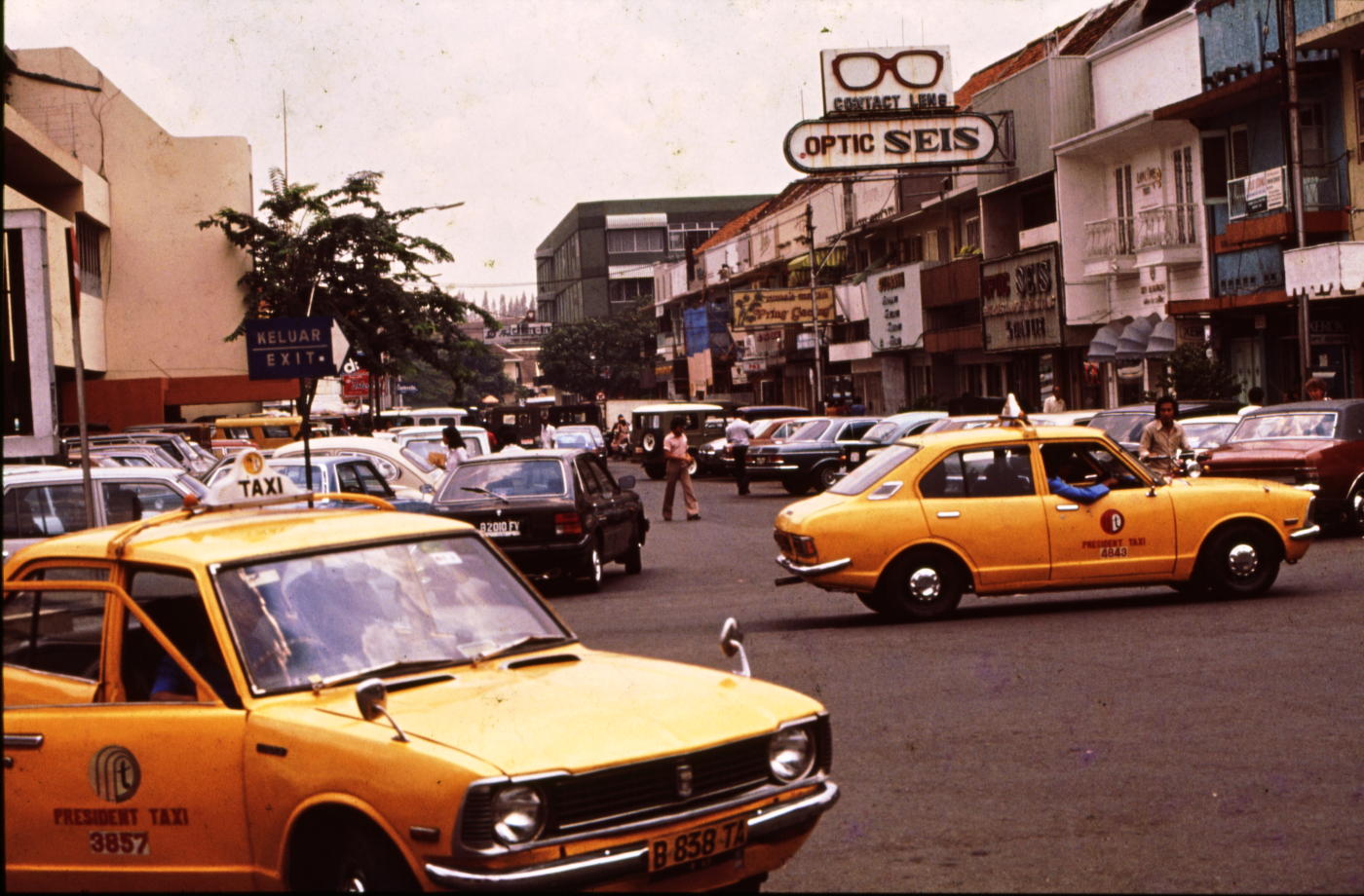 Jakarta, the capital city of the 4th most populous nation, sits on the largest in an archipelago of almost 17,000 islands. 35 years ago, Jakarta was building up at a rapid pace. 1985 saw the opening of the city’s International Airport, a culmination of a major infrastructure push that included roads and bridges for cars, ...Read More
Jakarta, the capital city of the 4th most populous nation, sits on the largest in an archipelago of almost 17,000 islands. 35 years ago, Jakarta was building up at a rapid pace. 1985 saw the opening of the city’s International Airport, a culmination of a major infrastructure push that included roads and bridges for cars, ...Read MoreGuangzhou: 1985 and Today
April 15, 2020
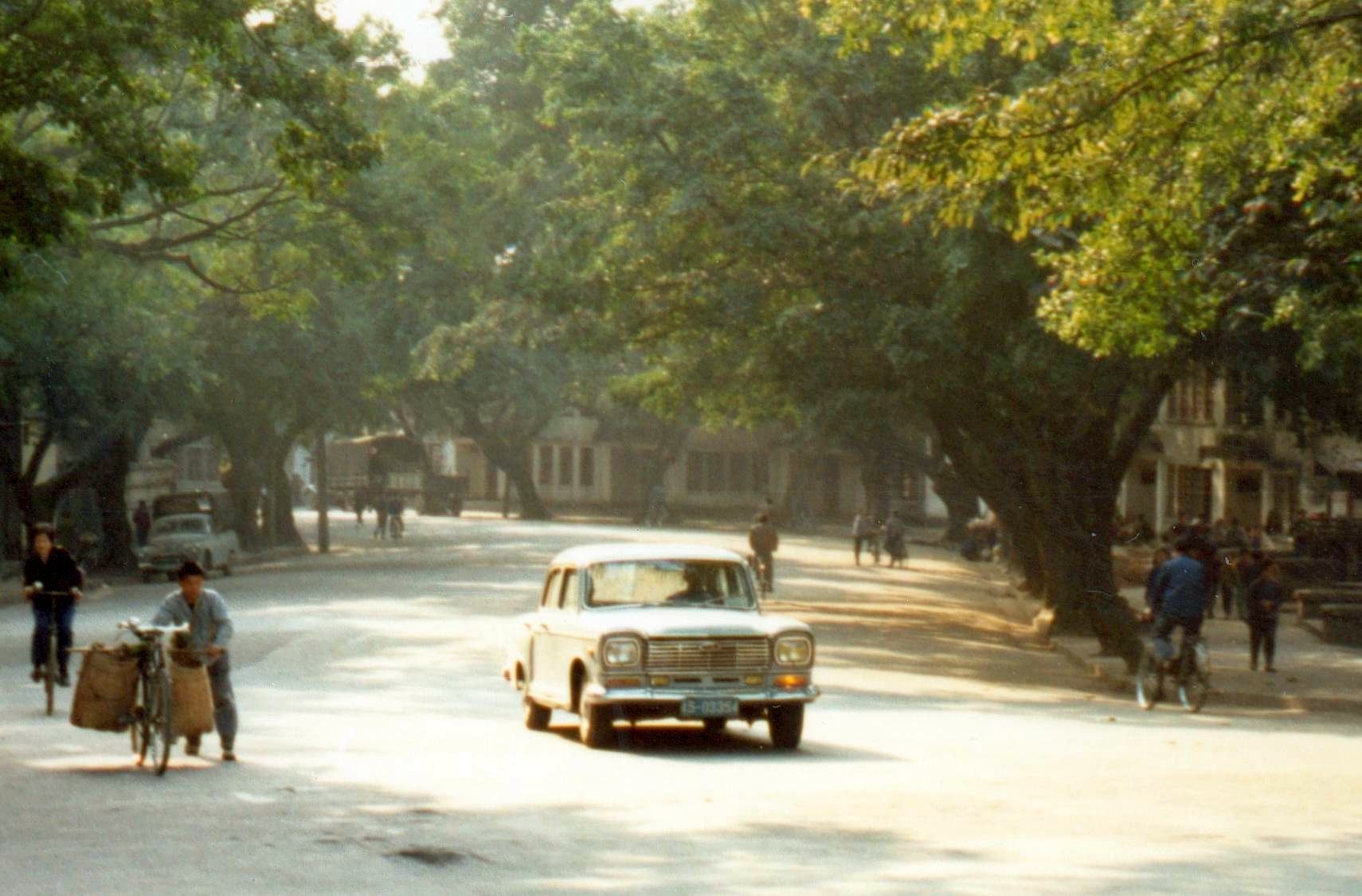 The explosive, transformative growth of Chinese cities over the past 35 years is difficult to overstate. Take the city of Guangzhou, on the Pearl River Delta, just north of Hong Kong and Shenzhen. In 1985, the population was 2.36 million. Ten years later, it had doubled to 5.04 million, and doubled again in another ten ...Read More
The explosive, transformative growth of Chinese cities over the past 35 years is difficult to overstate. Take the city of Guangzhou, on the Pearl River Delta, just north of Hong Kong and Shenzhen. In 1985, the population was 2.36 million. Ten years later, it had doubled to 5.04 million, and doubled again in another ten ...Read MoreFive Temporary COVID Measures that US Cities Should Make Permanent
April 13, 2020
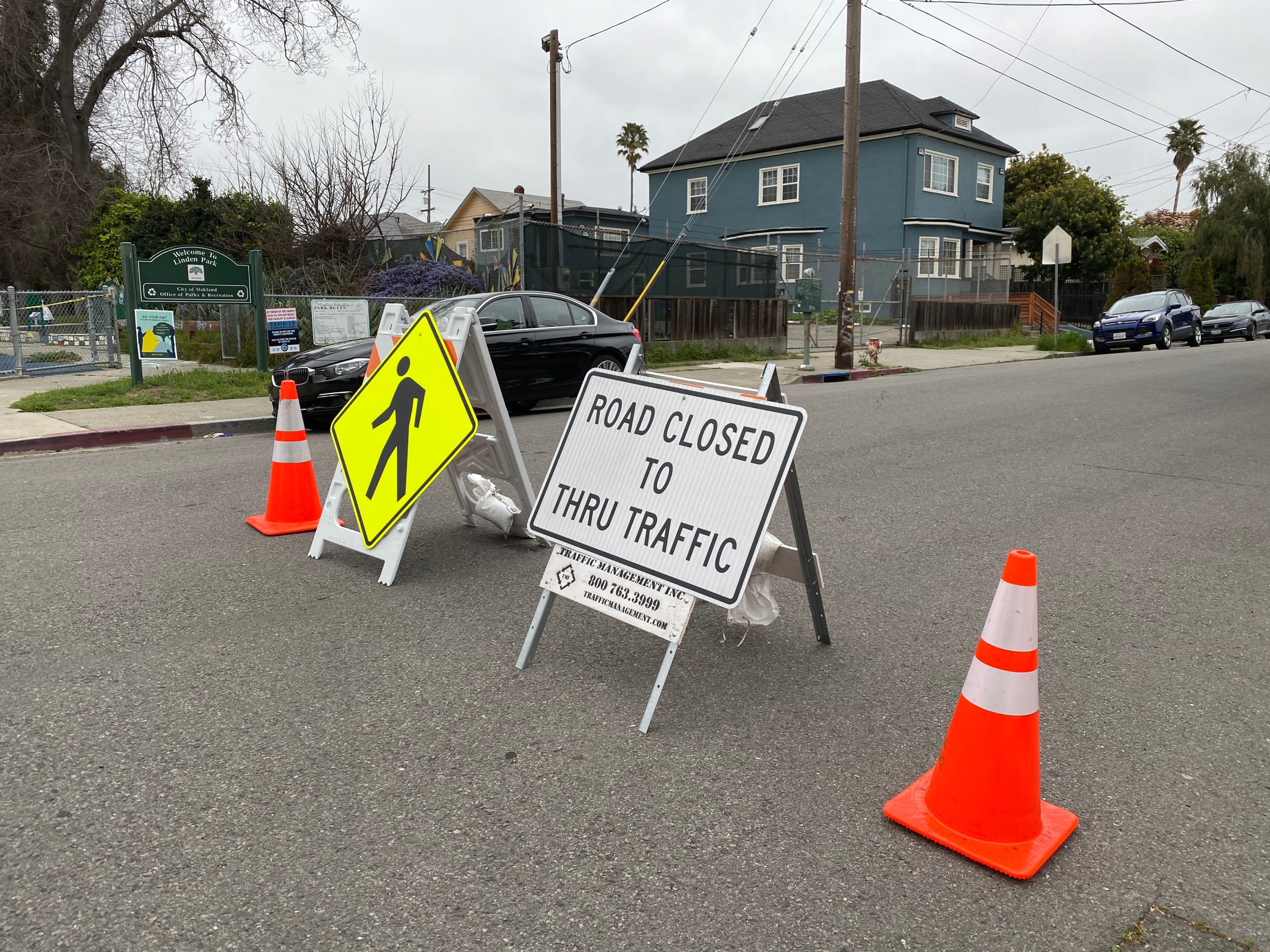 Over the past month, as the spread of COVID-19 has upended daily life throughout the United States, cities have been grappling with how to adjust their transit systems and streetscape. As in other nations, US cities face the daunting tasks of keeping people apart, while keeping transit running. In the US, essential workers are disportionately ...Read More
Over the past month, as the spread of COVID-19 has upended daily life throughout the United States, cities have been grappling with how to adjust their transit systems and streetscape. As in other nations, US cities face the daunting tasks of keeping people apart, while keeping transit running. In the US, essential workers are disportionately ...Read MoreThe Air Quality Crisis has made the Coronavirus More Deadly
April 8, 2020
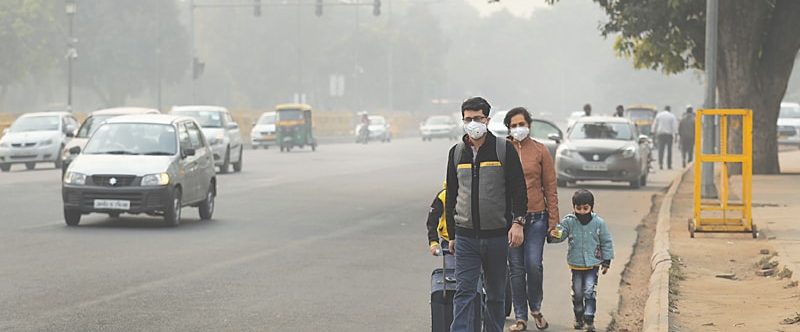 We have long known that our cities are in the midst of a global air quality crisis. According to the World Health Organization, 80 percent of urban residents are breathing air that does not meet standards for health, with middle- and low-income nations suffering from the highest exposures. We already knew that exposure to toxic air ...Read More
We have long known that our cities are in the midst of a global air quality crisis. According to the World Health Organization, 80 percent of urban residents are breathing air that does not meet standards for health, with middle- and low-income nations suffering from the highest exposures. We already knew that exposure to toxic air ...Read MoreMexico City: 1985 and Today
April 6, 2020
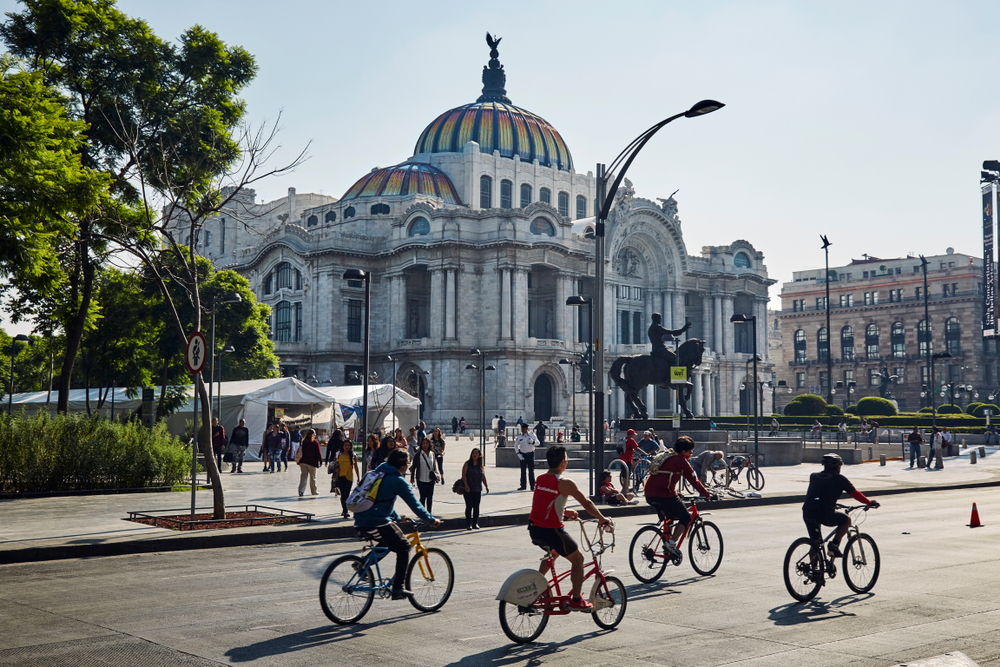 35 years ago, Mexico City was devastated by an 8.1 magnitude earthquake. The 1985 quake killed as many as 30,000 people, damaged 31 percent of the city’s buildings, and razed the homes of up to 700,000 people. Today, Mexico City is one of the most important economic hubs in the region, straddling both North and ...Read More
35 years ago, Mexico City was devastated by an 8.1 magnitude earthquake. The 1985 quake killed as many as 30,000 people, damaged 31 percent of the city’s buildings, and razed the homes of up to 700,000 people. Today, Mexico City is one of the most important economic hubs in the region, straddling both North and ...Read MoreDar es Salaam: 1985 and Today
March 30, 2020
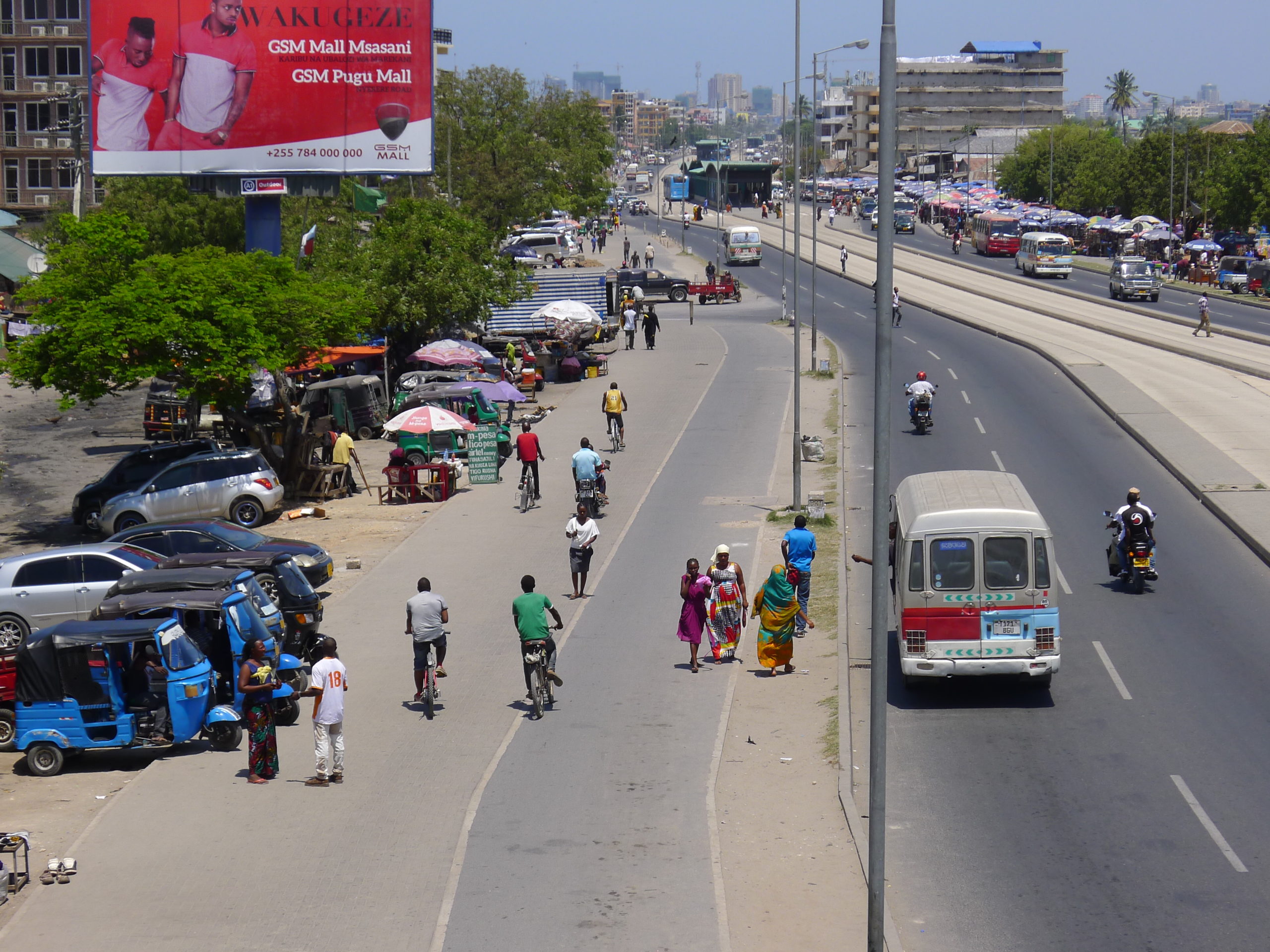 35 years ago, Dar es Salaam was experiencing a surge of informal public transit operators. The transport authority acknowledged it was unable to meet demand with its limited bus system, and legalized the now ubiquitous daladala minibuses. Today, this is still how most Dar es Salaam residents travel: packed into shared minibus taxis that jostle ...Read More
35 years ago, Dar es Salaam was experiencing a surge of informal public transit operators. The transport authority acknowledged it was unable to meet demand with its limited bus system, and legalized the now ubiquitous daladala minibuses. Today, this is still how most Dar es Salaam residents travel: packed into shared minibus taxis that jostle ...Read MorePost-Pandemic, Chinese Cities Gradually Reopen Transport Networks
March 26, 2020
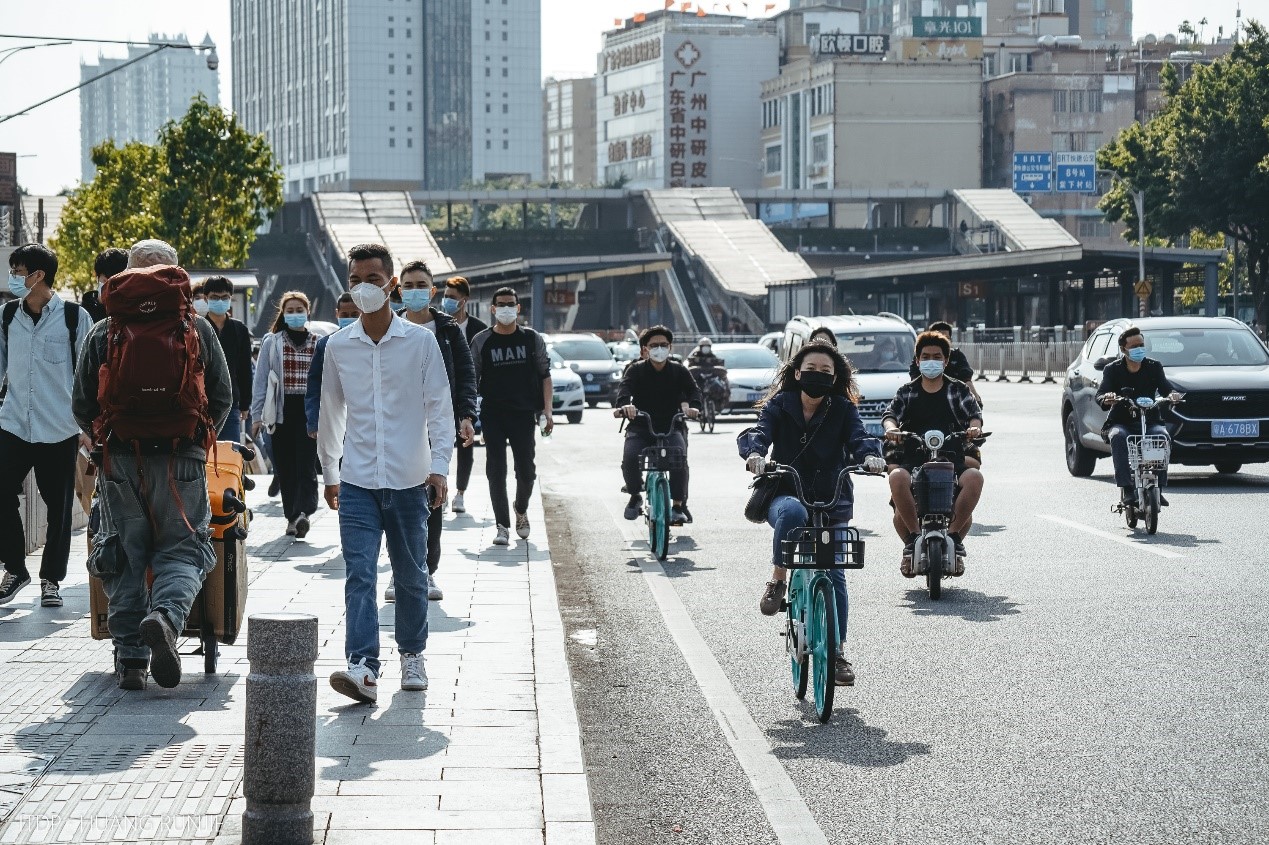 Post-Pandemic, Chinese Cities Take Stock of Transport Networks Last week, China reported a milestone: no new infections of COVID-19 for the first time in about three months. Having passed the most serious period of infection, Chinese cities are beginning to open up again, gradually. And gradually, we are seeing what this means for China’s massive transport ...Read More
Post-Pandemic, Chinese Cities Take Stock of Transport Networks Last week, China reported a milestone: no new infections of COVID-19 for the first time in about three months. Having passed the most serious period of infection, Chinese cities are beginning to open up again, gradually. And gradually, we are seeing what this means for China’s massive transport ...Read MoreAs the Impacts of Coronavirus Grow, Micromobility Fills in the Gaps
March 24, 2020
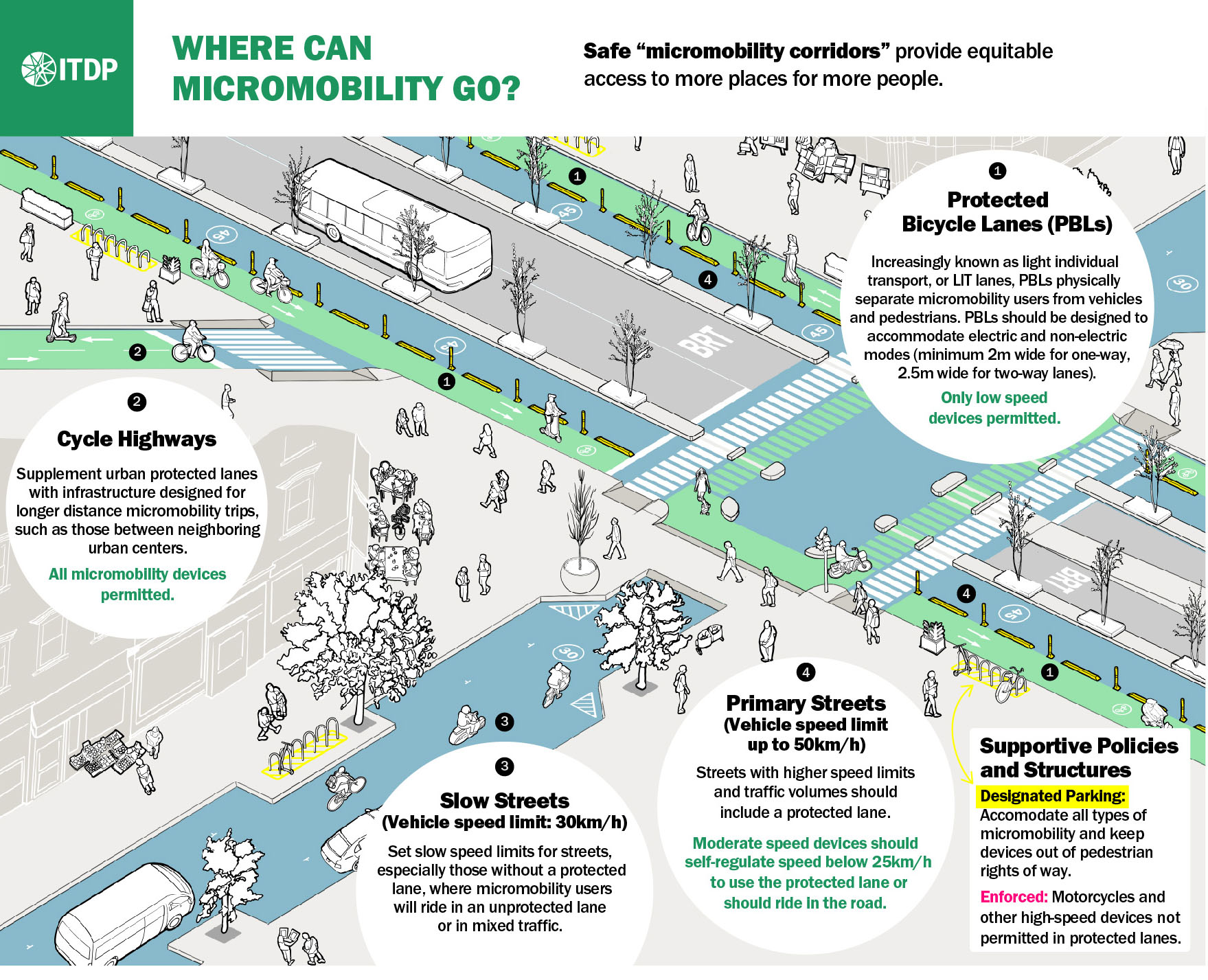 As the Impacts of Coronavirus Grow, Micromobility Fills in the Gaps At the time of this writing, COVID-19 is disrupting peoples’ daily lives in many ways, including restricting daily travel, from optional work-from-home arrangements to complete shutdowns. While the most common advice remains to limit travel, having reliable, affordable choices for that travel matters now more ...Read More
As the Impacts of Coronavirus Grow, Micromobility Fills in the Gaps At the time of this writing, COVID-19 is disrupting peoples’ daily lives in many ways, including restricting daily travel, from optional work-from-home arrangements to complete shutdowns. While the most common advice remains to limit travel, having reliable, affordable choices for that travel matters now more ...Read MoreRio de Janeiro: 1985 and Today
March 9, 2020
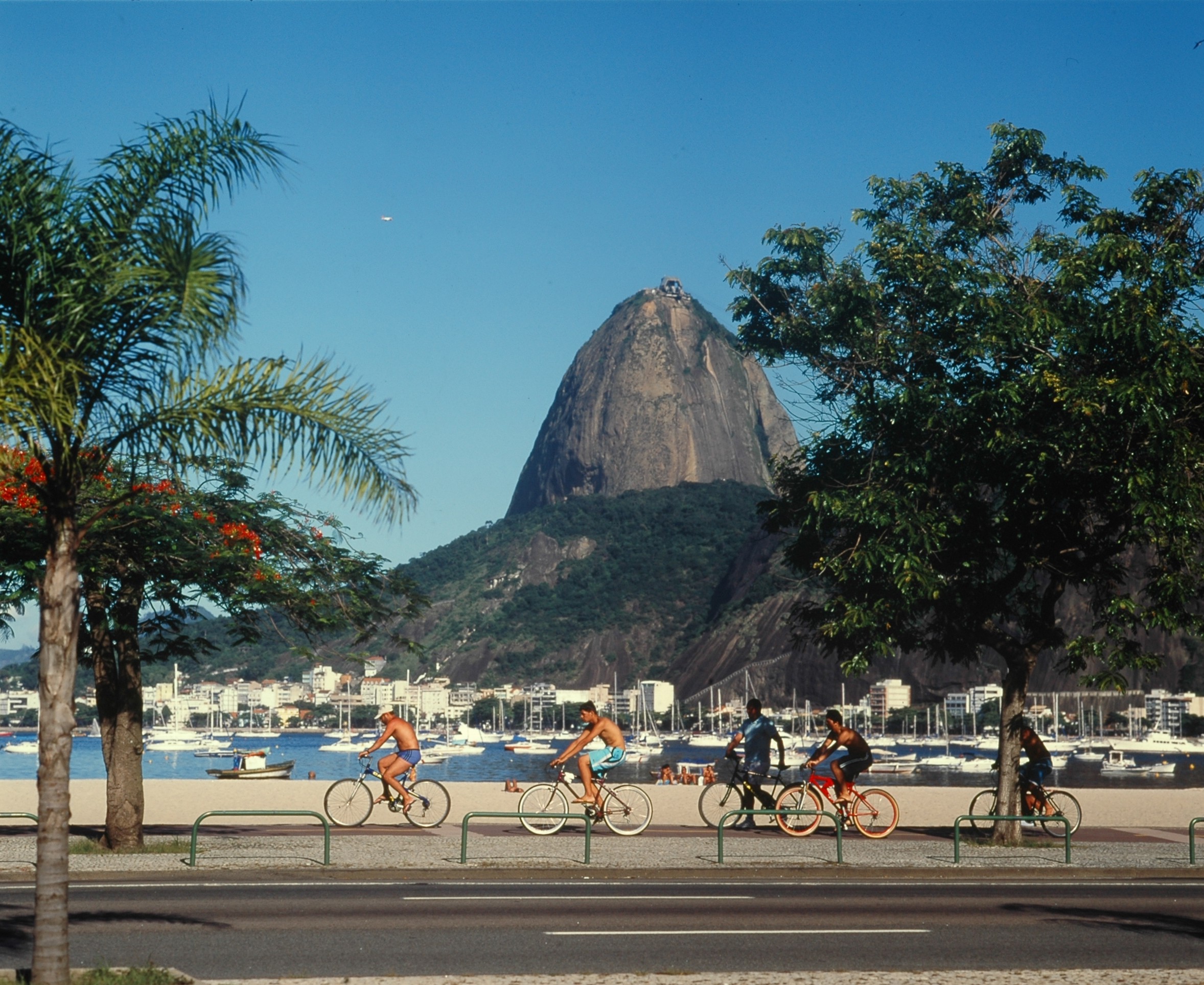 In 1985, Rio de Janeiro was coming out of two decades of military rule, and experiencing a surge growth. Older parts of the city were being demolished and rebuilt, and the city as it is today was taking shape. The city had the beginnings of formal a transit system, with the oldest commuter train in ...Read More
In 1985, Rio de Janeiro was coming out of two decades of military rule, and experiencing a surge growth. Older parts of the city were being demolished and rebuilt, and the city as it is today was taking shape. The city had the beginnings of formal a transit system, with the oldest commuter train in ...Read More
